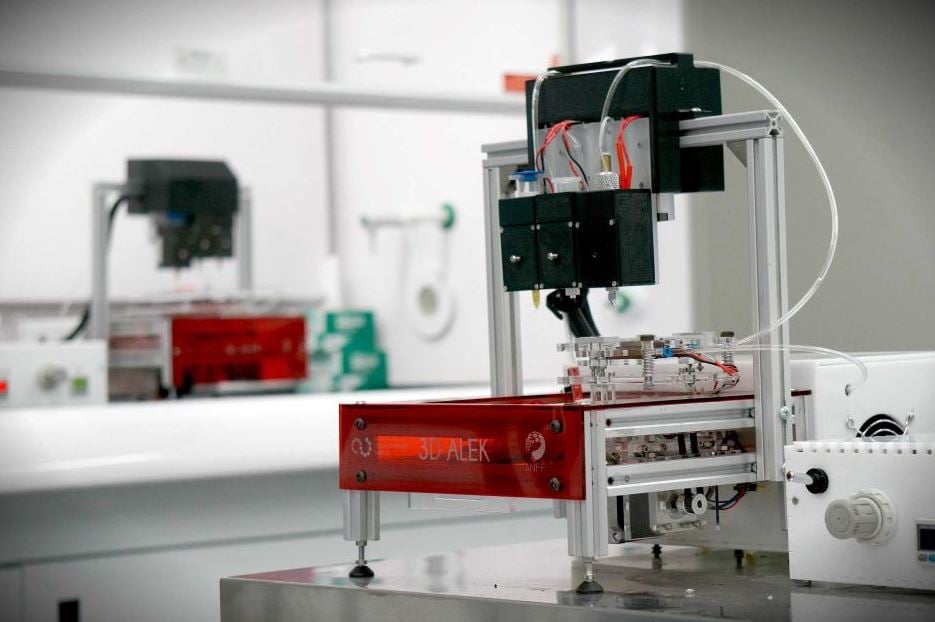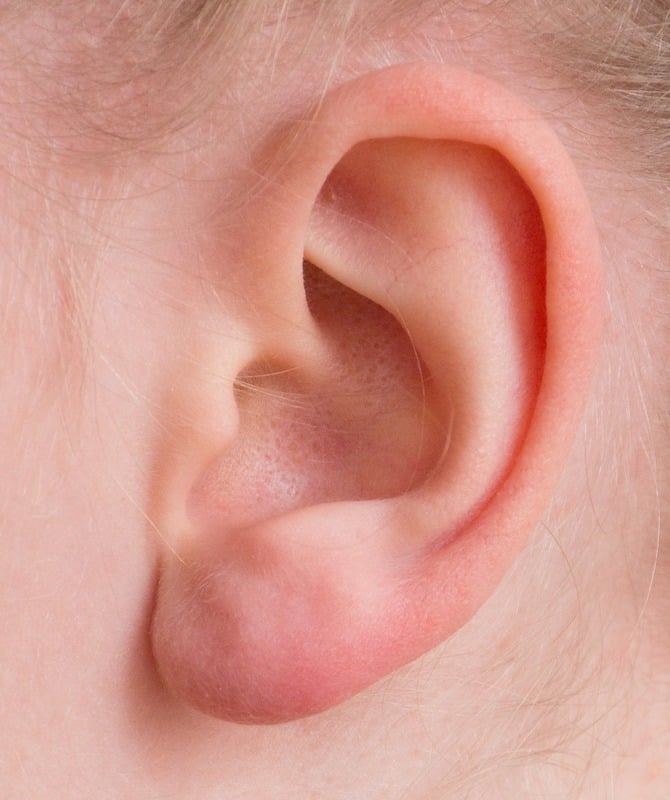Researchers in Australia will soon be 3D printing ears for children born with microtia, a congenital deformity where the external ear is underdeveloped.
The University of Wollongong researchers from the ARC Centre of Excellence for Electromaterials Science (ACES) and Payal Mukherjee, a surgeon associate professor at the Royal Prince Alfred Hospital (RPA) developed the clinical 3D bioprinting solution.
“Treatment of this particular ear deformity is demanding because the outer ear is an extremely complex 3D shape, not only in length and breadth, but also in height and projection from the skull,” said Mukherjee.
The 3D bioprinter they created is called 3D Alek and it uses a specialized bio-ink to create cartilage for use in reconstructive ear surgery. The printer is now being tested out at the RPA.
“With one 3D Alek now established in a clinical environment at RPA and a replica in our lab at TRICEP, our new 3D bioprinting initiative, we will be able to fast-track the next stages of our research to deliver a practical solution to solve this clinical challenge,” said ACES director Gordon Wallace.

3D Printing Stem Cells into Complicated Ear Shapes
By using a 3D bioprinter, researchers are able to treat microtia by using a patient’s own tissue. In doing so and by matching a patient’s own anatomy, the risk of rejection is seriously reduced.
“This is where bioprinting is an extremely exciting avenue,” said Mukherjee, “as it allows an ear graft to be designed and customized to the patient’s own face … and avoids the current complication of requiring a donor site for cartilage, usually from the patient’s rib cage.”
Researchers explain that not only is operating reduced, but the cosmetic outcome is heightened. As a result, the researchers will continue advancing their research and will soon undertake clinical trials.
These trials will be focused on using human tissue stem cells to accelerate the development of specialized bio-ink. The researchers are hopeful that it will eventually be possible to use a patient’s own stem cells to 3D print ears.
For more on 3D bioprinting, check out these articles:
- Guide to 3D Bioprinting and 3D Printed Organs
- Bioprinting System Treats Wounds by Printing Skin Directly Onto Them
Source: Press Release

License: The text of "Researchers Closer to 3D Printing Ears to Treat Microtia with ‘3D Alek’" by All3DP is licensed under a Creative Commons Attribution 4.0 International License.